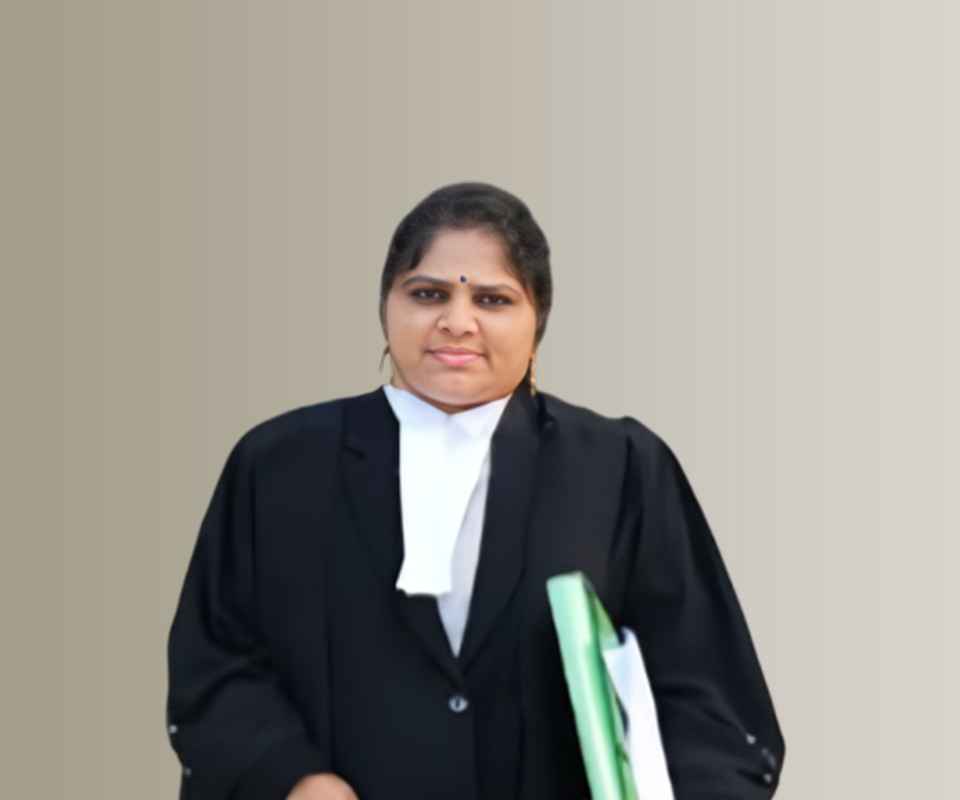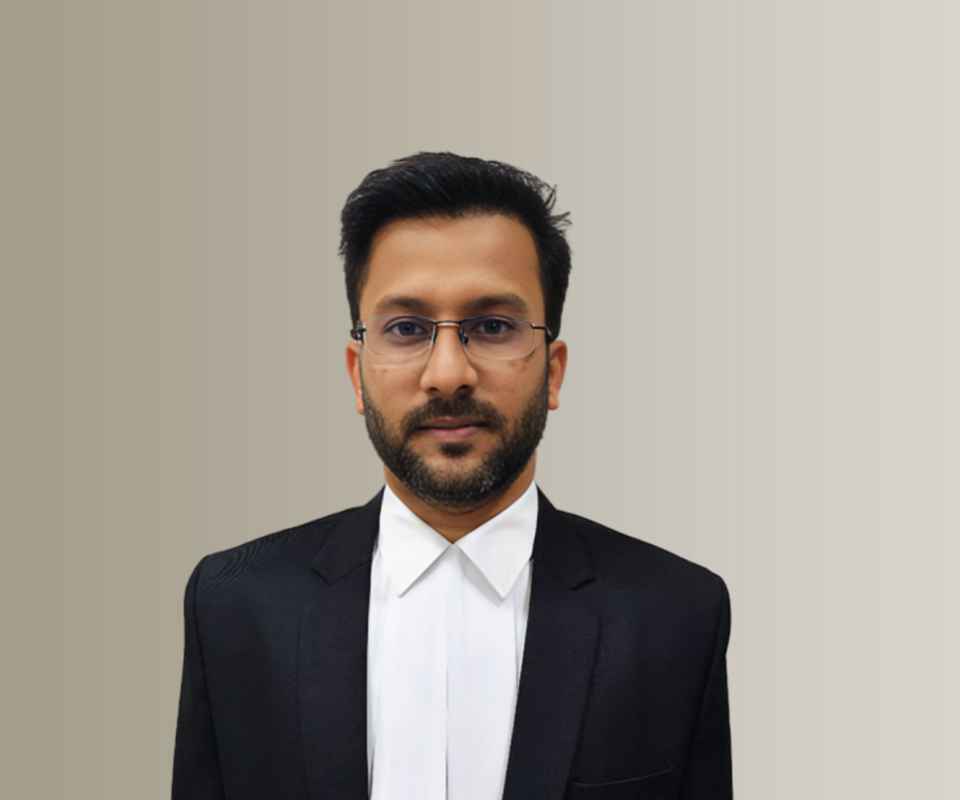In a criminal trial, the public prosecutor plays a crucial role in the judicial process, representing the state or government and ensuring that justice is served. Here’s a detailed overview of the public prosecutor's role:
1. Representation of the State:
State’s Advocate: The public prosecutor represents the interests of the state or government in a criminal trial. Their primary responsibility is to present the case against the accused on behalf of society, aiming to uphold the rule of law and public interest.
2. Case Preparation:
a. Investigation Oversight:
Guidance to Police: The public prosecutor provides legal guidance to the police during the investigation phase. They may advise on the collection of evidence, the legality of searches and seizures, and other procedural aspects.
Review of Evidence: They review the evidence collected by the police to determine whether there is a prima facie case against the accused and if the case should proceed to court.
b. Filing of Charges:
Charge Sheet: Based on the evidence, the public prosecutor decides whether to file a charge sheet or complaint in court. They prepare and present the charges against the accused.
3. Conducting the Trial:
a. Presentation of Evidence:
Prosecuting the Case: The public prosecutor presents evidence and arguments in court to establish the guilt of the accused beyond a reasonable doubt. This involves examining witnesses, presenting documents, and using forensic evidence.
Cross-Examination: They cross-examine the defense witnesses to challenge their credibility and strengthen the prosecution’s case.
b. Legal Arguments:
Arguments and Submissions: The prosecutor makes legal arguments based on the evidence and applicable law. They may also submit legal precedents and statutory provisions relevant to the case.
4. Ensuring Fair Trial:
a. Ethical Standards:
Adherence to Justice: The public prosecutor must adhere to ethical standards, ensuring that they seek justice rather than merely aiming for a conviction. They are responsible for presenting all relevant evidence, including exculpatory evidence that may benefit the accused.
Avoiding Malpractice: They must avoid prosecuting cases based on insufficient evidence or personal bias and should not engage in unethical practices.
b. Victim Representation:
Victim’s Interests: The prosecutor represents the interests of the victim and their family. They may advocate for appropriate sentencing and ensure that the victim’s rights are upheld throughout the trial process.
5. Appeals and Post-Trial Actions:
a. Appeal for Conviction:
Appeal Proceedings: If the accused is convicted, the public prosecutor may be involved in the appeal process if the defense challenges the conviction. They represent the state’s position in appellate courts.
Defending Convictions: They may argue to uphold the conviction and respond to any claims of legal errors or procedural violations raised by the defense.
b. Sentencing Recommendations:
Sentencing Submissions: After a conviction, the prosecutor may make recommendations regarding sentencing. They may argue for the imposition of appropriate penalties based on the severity of the crime and the impact on the victim.
6. Legal Advice and Policy Implementation:
a. Legal Advice:
Policy Guidance: The public prosecutor may provide legal advice to law enforcement agencies and assist in the implementation of criminal justice policies.
Training and Development: They may also participate in training programs for law enforcement and other legal professionals.
Conclusion:
The public prosecutor plays a pivotal role in the criminal justice system by representing the state, ensuring that justice is served, and upholding the rule of law. They are responsible for preparing and presenting the case against the accused, ensuring a fair trial, and advocating for appropriate legal outcomes. Their role is integral to maintaining public confidence in the legal system and ensuring that justice is administered impartially and effectively.
Dear client,
1. The role of Public Prosecutors (Appointment of Public Prosecutor) (His duties and powers).-
A Public Prosecutor is appointed by the State Government under section 492 of the Criminal Procedure Code, generally, or in any case, or for any specified class of cases in any local area. His duties principally consist in conducting prosecutions on behalf of the Government and in appearing on behalf of the State in proceedings like criminal appeals, revisions and other matters in the sessions courts and the High Courts. He is competent to appear and plead before any court in any case that is entrusted to him. He is empowered by law with the consent of the court to withdraw from the prosecution of any person. Though it is no part of his statutory duties, he has also sometimes to advise the Police and other Government departments with regard to prosecution of offenders, if called upon to do so.
2. The role of the public prosecutor.-
The integrity of a person chosen to be in charge of a prosecution does not need to be emphasised. The purpose of a criminal trial being to determine the guilt or innocence of the accused person, the duty of a Public Prosecutor is not to represent any particular party, but the State. The prosecution of accused persons has to be conducted with the utmost fairness. In undertaking the prosecution, the State is not actuated by any motives of revenge but seeks only to protect the community.
There should not therefore be "an unseemly eagerness for, or grasping at a conviction".1 A Public Prosecutor should be personally indifferent to the result of the case. His duty should consist only in placing all the available evidence irrespective of the fact whether it goes against the accused or helps him, before the court, in order to aid the court in discovering the truth. It would thus be seen, that in the machinery of justice, a public prosecutor has to play a very responsible role: the impartiality of his conduct is as vital as the impartiality of the court itself.
1. Mont Wasudeo Chandikar v. King Emperor, AIR 1924 Nag 243 (245).
3. Not subordinate to the Police.-
There was a time when the Public Prosecutor was inclined to regard himself as the right-hand man of the Superintendent of the Police. Occasionally complaints are still heard that some Public Prosecutors function as though they are a part of the police machinery. But we believe that this tendency has now largely disappeared. Fairly senior members of the Bar are now appointed Public Prosecutors and it is unlikely, that they would sacrifice their independence and self-respect and conduct themselves as subordinate of the District Superintendent of Police.
4. Assistance at the stage of investigation.-
In the investigation of important criminal cases, the assistance of the Public Prosecutor is frequently sought by the investigating agency itself. The majority of cases which are of a simple nature are handled by the police without much difficulty. Now and again, however, there arise very important and complicated cases, which require legal assistance even during the stage of investigation. Whether any particular link in the chain of evidence is missing, whether any connected aspect of the matter requires to be investigated in order to fill up a possible lacuna in the prosecution case, whether sanction for the prosecution is necessary and such other matters cause difficulty to the investigating officers during the investigation and before they file a police report.
When such difficulties arise, the Public Prosecutor is generally approached for advice and assistance by police officials. The Public Prosecutor has however no power to interfere in the investigation, nor can he call for the police papers and scrutinise them or otherwise examine the available evidence before a report is actually filed in court. This is somewhat anomalous. Though he is responsible for the conduct of the prosecution in court, he has no opportunity of controlling or shaping the materials on which the case is to be founded and put before the court.
5. Organisation of Prosecuting Agency (In Magistrates Courts).-
Before we proceed to suggest measures for the improvement of the Prosecuting Agency, we may outline the salient features of this organisation in some of the States. There is no uniformity in the prosecuting organisation in India. Generally speaking, prosecution in magisterial courts is in the hands of either the police officials or persons recruited from the Bar and styled "Police Prosecutors" or "Assistant Public Prosecutors". These officers work under the directions of the Police Department. The Public Prosecutor who is entrusted with the prosecution. of trials in sessions courts is under the general control of the District Magistrate.
In the States of Andhra Pradesh and Madras, however, the system of police officers functioning as Prosecutors has been completely given up. Even in the Magistrates' Courts, prosecutions are conducted by a class of officers known as Assistant Public Prosecutors who are recruited from the Bar and are under the control of the District Collector. There exists in Madras a regular cadre of whole-time Assistant Public Prosecutors. In Bombay, these officers, though they are recruited from the Bar, are styled "Police Prosecutors". In the Punjab, the Prosecuting Agency is a part of the Police Department itself and is headed by a Deputy Superintendent of Police in charge of prosecution work in all the Magistrates' Courts.
In Uttar Pradesh, a Prosecuting Inspector is generally appointed either from the Bar or from the Police Department, if he has worked for three years as an investigating officer and has either a degree in Law or holds a certificate of having passed LL.B. (Previous) examination of the Allahabad University. in the subject of the Indian Penal Code, the Criminal Procedure Code and the Evidence Act. In other States, police officers including Head Constables, who need not possess any legal qualification are authorised to conduct prosecutions in the Magistrates Courts. They are called "Prosecuting Inspectors," or "Prosecuting Sub-Inspectors" according to their rank in the Police Department. In Bihar, law graduates are recruited both from the Bar and the Police Establishment for appointment as Assistant District Prosecutors and they are under the control of the Police Department.
6. In Sessions Courts.-
In most of the States, the Public Prosecutors are not whole time employees. In Bombay and Madras, the Public Prosecutors are not whole time Government servants. They are paid monthly retainers and daily fees for the work done. They are also entitled to accept private work subject to certain restrictions. In some of the districts of the Punjab, Public Prosecutors are whole-time Government servants.
Should you have any queries, please feel free to contact us!









